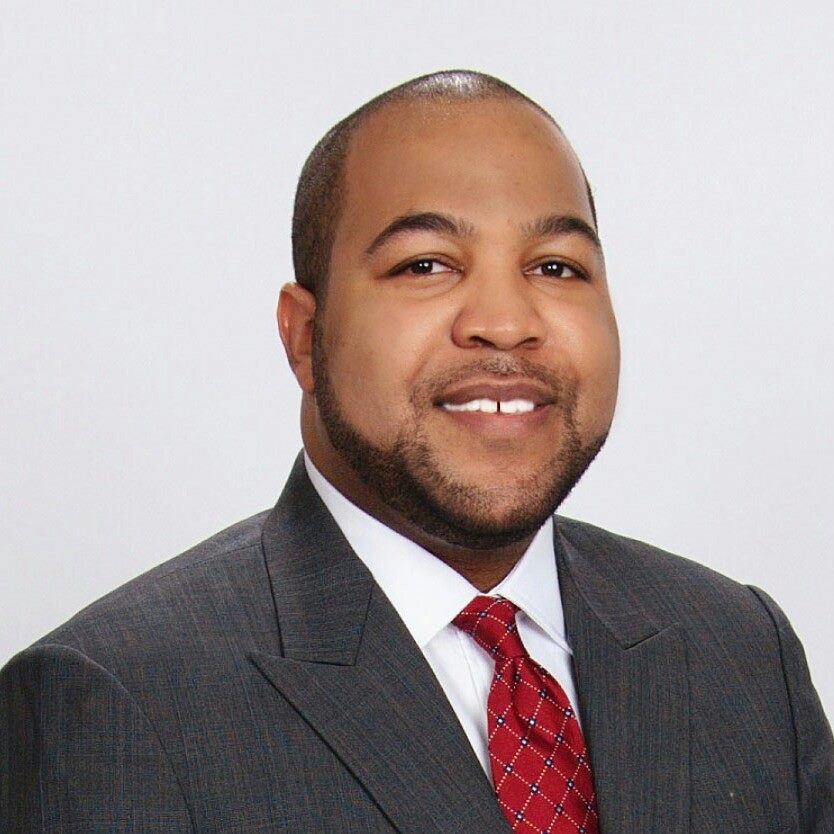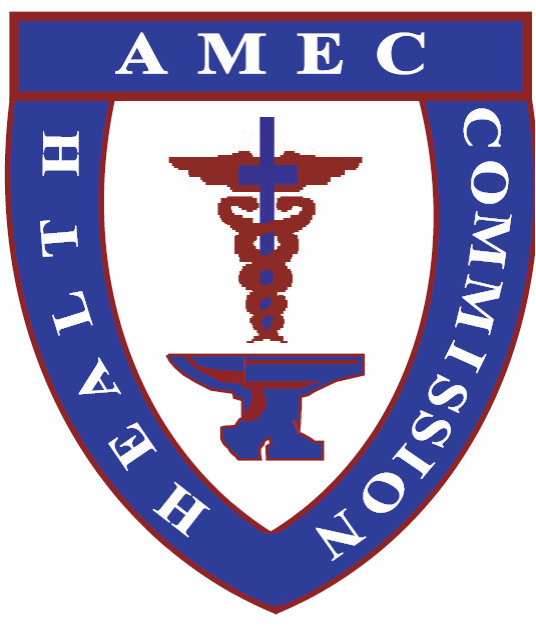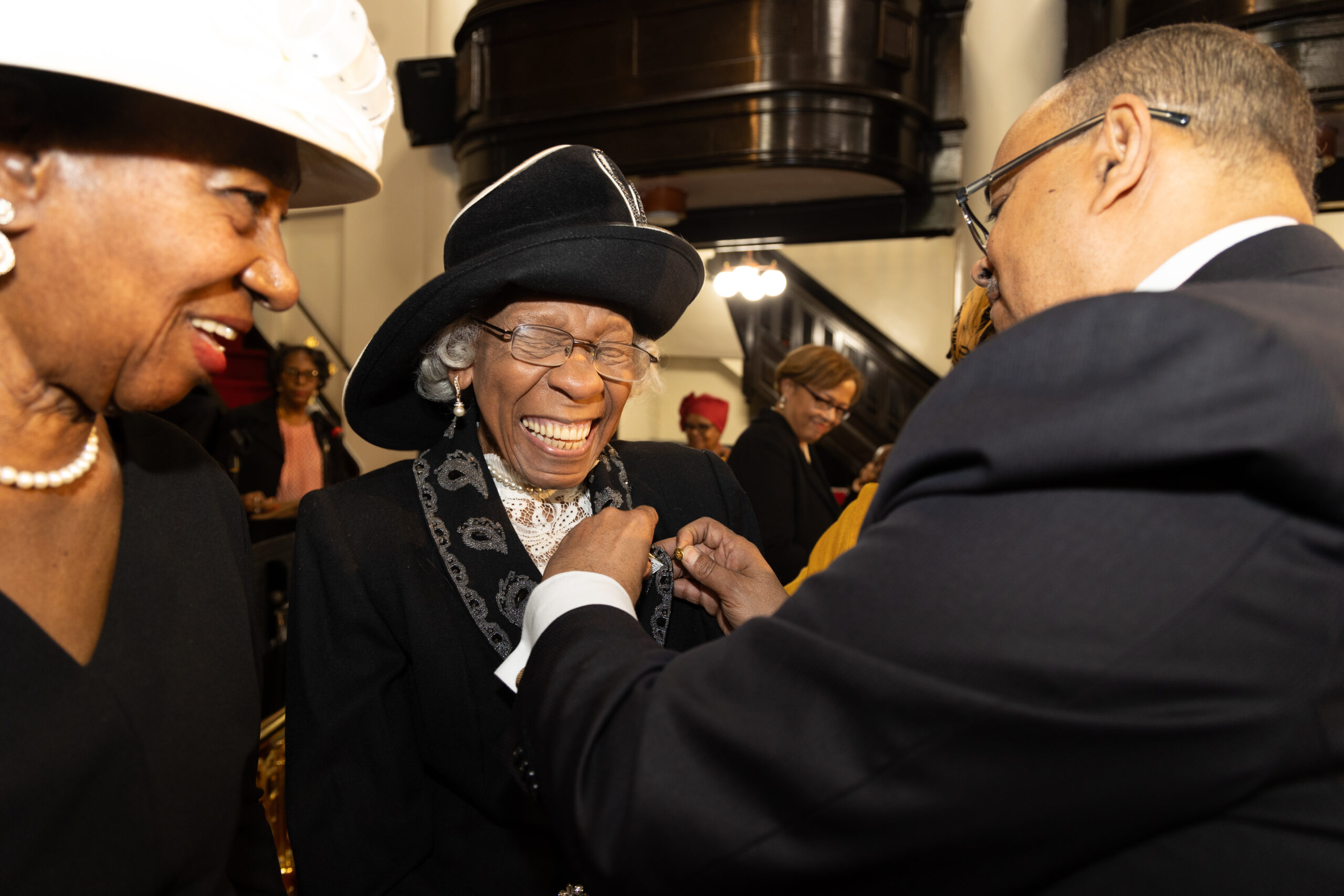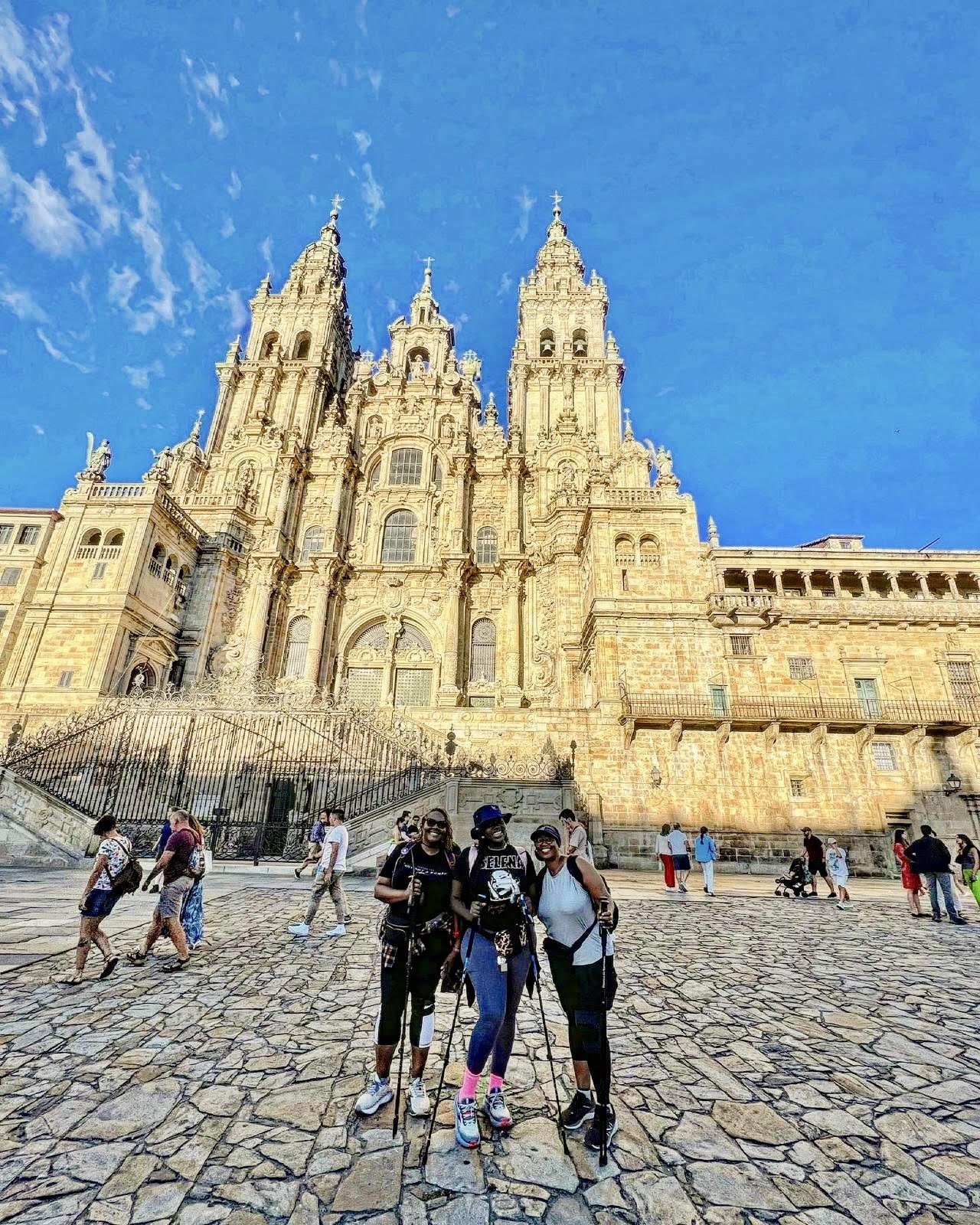By John Thomas III, Editor
As I write this editorial, 175 countries have confirmed cases of novel coronavirus COVID-19. “Shelter in place” orders have been implemented in the states of California, New York, and Illinois with others expected to follow in the next week. Additional measures to control the spread of contagion are expected nationwide as the United States hastens to avoid an exponential outbreak that could overwhelm its healthcare like the current situation in Italy.
The time for debating whether “in-person” worship services should continue has passed. Cancelling worship services is not about taking away religious freedom or not having faith in God. Remember 1) There is no natural human immunity to COVID-19 and a vaccine will take months to develop; 2) Carriers of the virus might not exhibit symptoms meaning seemingly healthy people could be infectious.; 3) The virus is especially dangerous to persons over 60 and those with pre-existing health conditions. Insisting on having a church service in this stage of the pandemic is irresponsible and dangerous and could endanger the lives of the parishioners.
The temporary cessation of Sunday morning worship along with in-person gatherings strikes at the heart of our culture, tradition, and faith. The absence of the “Black Church” is keenly felt in our lives. There are real concerns for the financial well-being of our clergy and church employees because many of our churches are one to two Sunday morning collections from financial duress. Traditional funerals cannot be held, short-circuiting the process of grief. All these concerns and more combined with the likely prospect of Christians not being able to gather at Easter makes one wonder, “How do we sing the songs of Zion in this strange and socially distanced land?”
As several others in this special edition of The Christian Recorder have stated, the work of the church continues even if we are unable to worship and be present in the traditional way. This is a lesson I personally learned after the destruction of my home church St. John AME, Nashville by a tornado earlier this month. More than ever, “the church” is needed to serve our communities by sharing the love and light of Jesus Christ.
Here are some key areas of reflection for AMEs as we adjust to serve in this present age of the pandemic and beyond:
Senior Ministry
The group that will be impacted the most by COVID-19 will be senior citizens both because of their physical vulnerability to the physical effects of the virus as well as the mental strain of limited contact. Work with your pastor to create a system to check on your congregation’s sick and shut-in through phone calls at least twice a week. Ensure that they are getting meals and groceries. Make sure that their spiritual and mental health is sound. More than ever they need to feel the presence of the congregation that they will not be able to see or visit.
Children’s Ministry
Schools will be closed for at least the next 3 weeks and perhaps longer. Work with the parents in your congregation to ensure that they are adequately supported. Even if they cannot physically visit, retired educators can help as tutors over the phone or online. Make sure that a routine is established as much as possible. The AME Church Health Commission has a starter kit of resources to help educate and occupy children. Check with your local school system for additional resources.
College Students
By now, most residential schools have shut down dormitories. Account for the students who are members of your congregation. Support those who may not be able to come back home as best as you can. If your church is in a university community, work with college administrators to help students who are displaced.
Virtual worship
The future is here now, and virtual worship is a necessary lifeline to maintain the spiritual health of your congregation. At a minimum, hold a weekly prayer call as well as a modified Sunday worship service via telephone. For congregations who wish to stream, please view the webinar on streaming and understand that it is better to do something simple well than have a complex problem. If your church does not have an online giving platform, please watch the webinar for quick tips. Mail will still be collected, so encourage your members who are not tech-savvy to still mail in their contributions every Sunday. People want to feel connected to their pastor and congregations. Members will not be lost if they can’t make it to church physically if they feel that their pastor is looking for them.
The Future
As we look towards the future, this moment should cause us to take stock of where we are as a church. Because of the pandemic, Annual Conferences and Midyear meetings have ground to a halt. The leadership of the AME Church is largely drawn from the Silent and Baby Boomer Generations who place a premium on in-person business transactions. The observations of Generations X through Z regarding the need for technology and a change in business practices are now ringing true. (Watch the 7th Episcopal District Courageous Conversation “Creating Virtual Communities”) There is no longer a fight over the virtues of virtual worship and online giving; churches who did not invest online giving or streaming are now struggling to quickly catch up in order to make ends meet. We are being challenged to understand just how much we do in person that can be done virtually or more efficiently. The number of meetings and the days we spend at them as well as the way we collect and disburse budgets are two of the many items that should come under scrutiny as the Connection feels the strain of operating during a pandemic.
By conservative estimates, the pandemic will last for 12-18 months with some form of social distancing needed until at least July. Whatever the timetable, the pandemic will fundamentally change our lifestyles and global society. It will also irrevocably change the AME Church in ways we do not yet know. While remembering our roots, we must be open for God to do a “new thing” for us.





